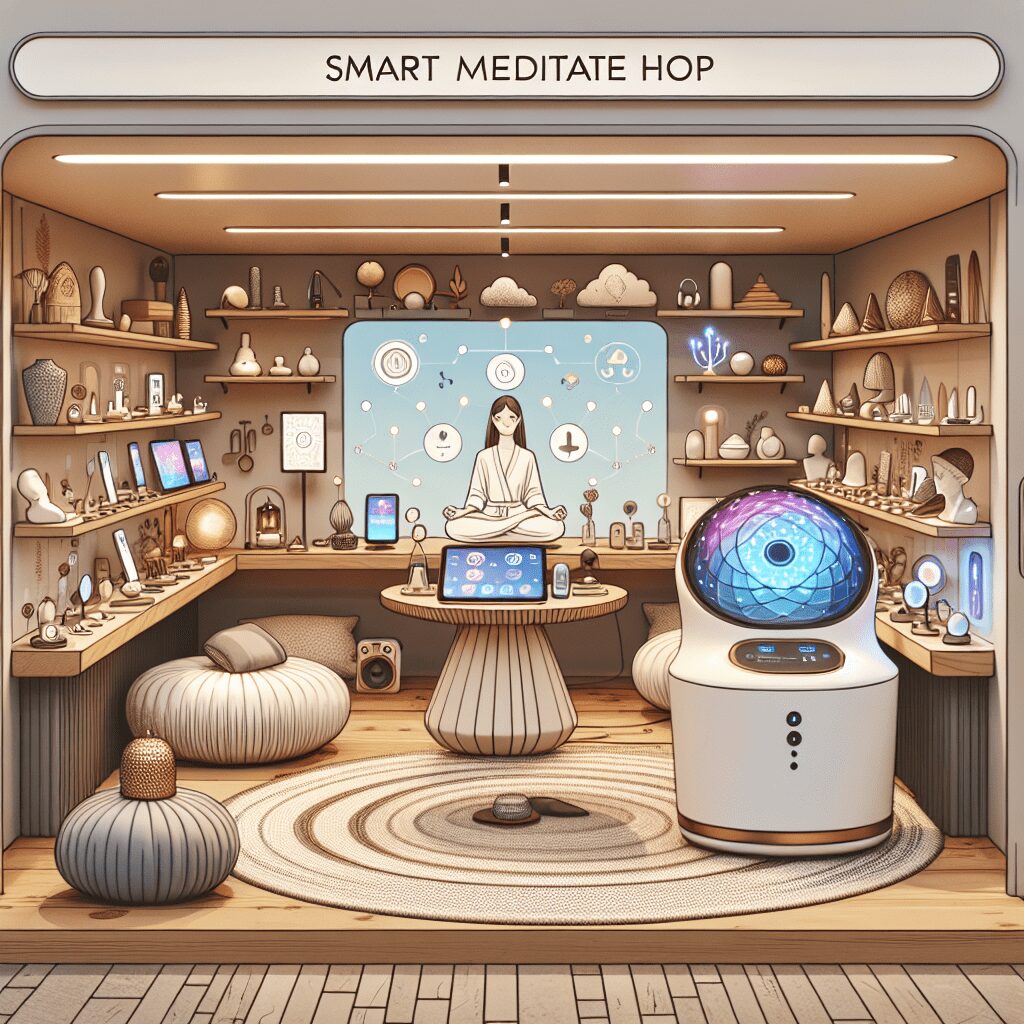
Prioritize your mental well-being daily. Enhance your life by nurturing your mental health with the Smart Meditation app. Break free from stress, alleviate anxiety, and enhance your sleep quality starting today.
Can An Antidepressant Cause Self Loathing?
Unveiling the Link Between Antidepressants and Self-Loathing
In the intricate dance of mental health management, antidepressants step in as pivotal partners, often leading many out of the shadowy depths of depression. However, rumors and reports about their side effects have stirred curiosity and concern. Among these, the notion that antidepressants could foster feelings of self-loathing demands a closer look. So, let’s dissect the evidence and shed light on this complex relationship.
Understanding the Basics: Antidepressants at a Glance
Antidepressants are a diverse group of medications designed to alleviate symptoms of depression by adjusting the chemical balances in the brain. SSRIs (Selective Serotonin Reuptake Inhibitors) and SNRIs (Serotonin and Norepinephrine Reuptake Inhibitors) are among the most prescribed, known for their efficacy and relatively favorable side effect profiles. However, like any medication, the response to antidepressants varies greatly among individuals, which is where our story twists.
The Potentially Thorny Path of Antidepressants and Self-Loathing
It’s not as clear-cut as saying, “Take Pill X, and you’ll loathe yourself by morning.” Far from it. The relationship between antidepressants and self-loathing is tangled up in the complex biology of depression, individual brain chemistry, and even the circumstances surrounding a person’s life. Here’s how it could, conceivably, roll out:
-
Adjustment Periods: Starting an antidepressant isn’t like flipping a switch. The body needs time to adjust, and during this period, side effects can rear their heads. For some, this may manifest as heightened anxiety, mood swings, or even increased depressive symptoms, which could be misconstrued as self-loathing.
-
Misalignment of Meds: Not all antidepressants work the same for everyone. What’s a miracle worker for one person might be a dud for another, sometimes exacerbating the very symptoms it’s meant to treat, including negative self-perception.
-
The Half-Opened Window Syndrome: There’s a theory, colloquially dubbed here as the “Half-Opened Window Syndrome,” where the increased energy levels from the initial effects of antidepressants might outpace the improvement in mood, potentially giving someone the “motivation” without the “mood lift,” which could, ironically, fuel self-loathing thoughts.
Treading Carefully: Balancing Act of Medication and Mindset
Knowing all this, it’s crucial to navigate the antidepressant journey with caution and awareness. Here’s how:
-
Open Dialogue: Maintain an honest and open line with your healthcare provider. If something feels off, speak up. Antidepressants often require a bit of trial and error to find the perfect match.
-
Patience is Key: Allow time for your body to adjust to the medication. The journey might be bumpy, but it’s part of the process toward better mental health.
-
Holistic Approach: Combine medication with therapy, exercise, and healthy lifestyle choices. Addressing depression is a multifaceted battle; arming yourself with multiple tools gives you a stronger fight.
In the grand scheme, while it’s not impossible for antidepressants to contribute to feelings of self-loathing in some individuals, it’s not a widespread, guaranteed effect. The tapestry of mental health medication is woven with individual threads, each person responding in their unique way.
If you or someone you know is navigating these choppy waters, remember you’re not alone. With the right support, information, and care, the journey can lead to a brighter, more hopeful horizon. Always consult a healthcare professional to chart the best course forward.




